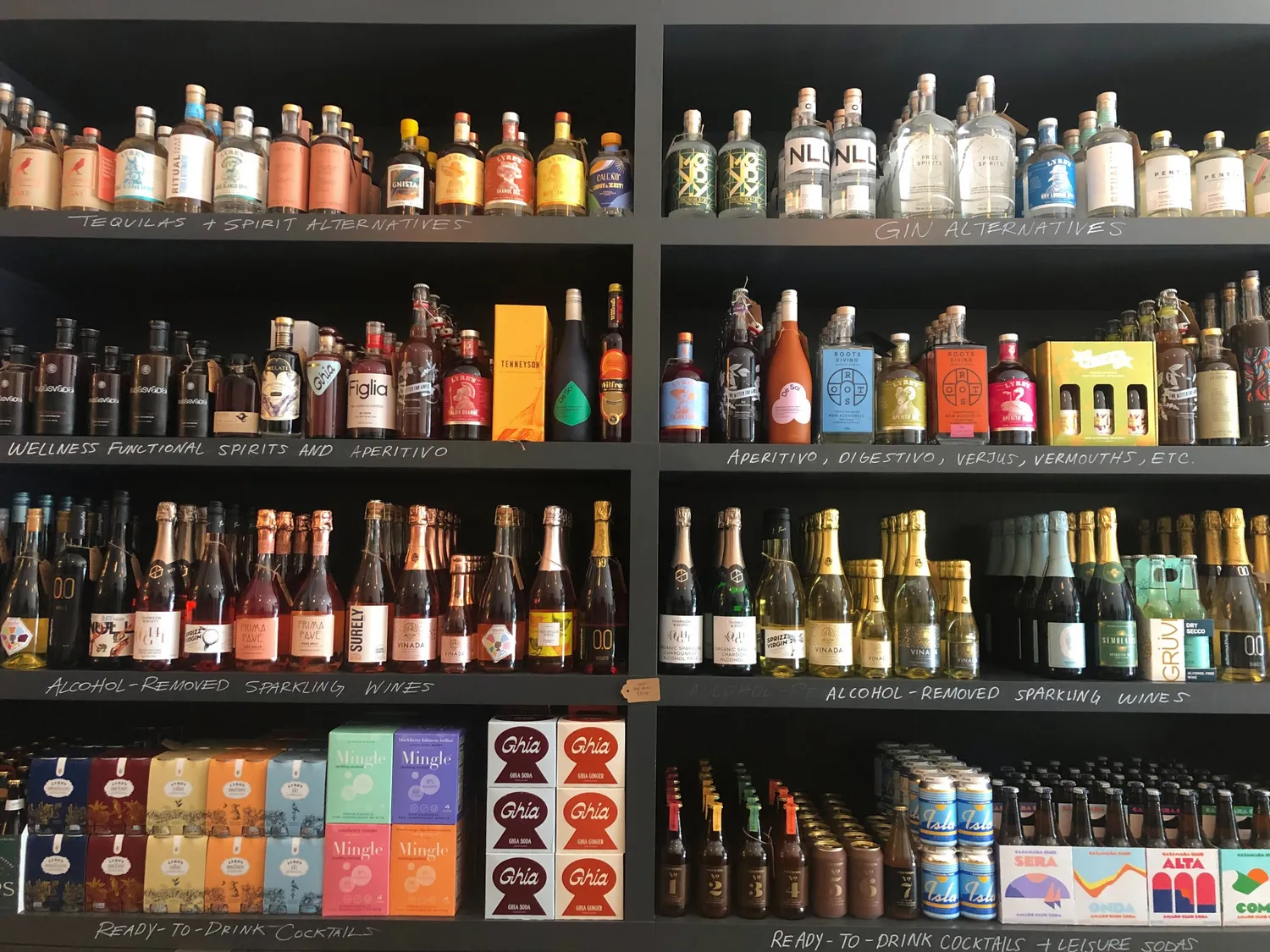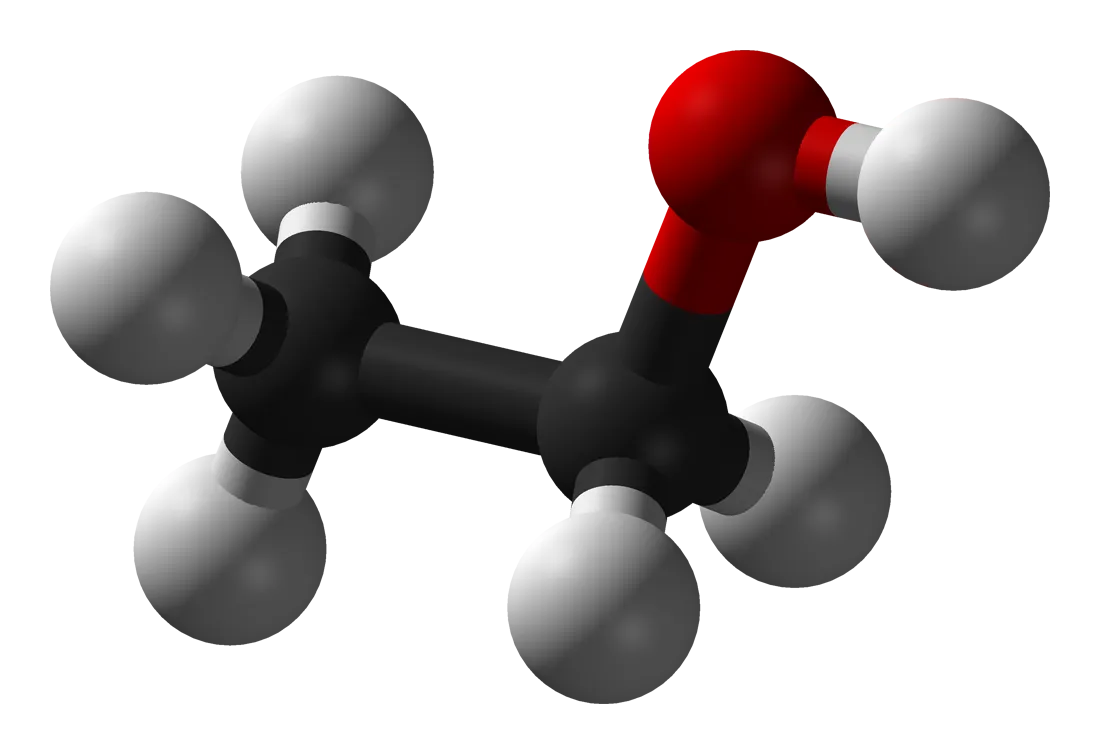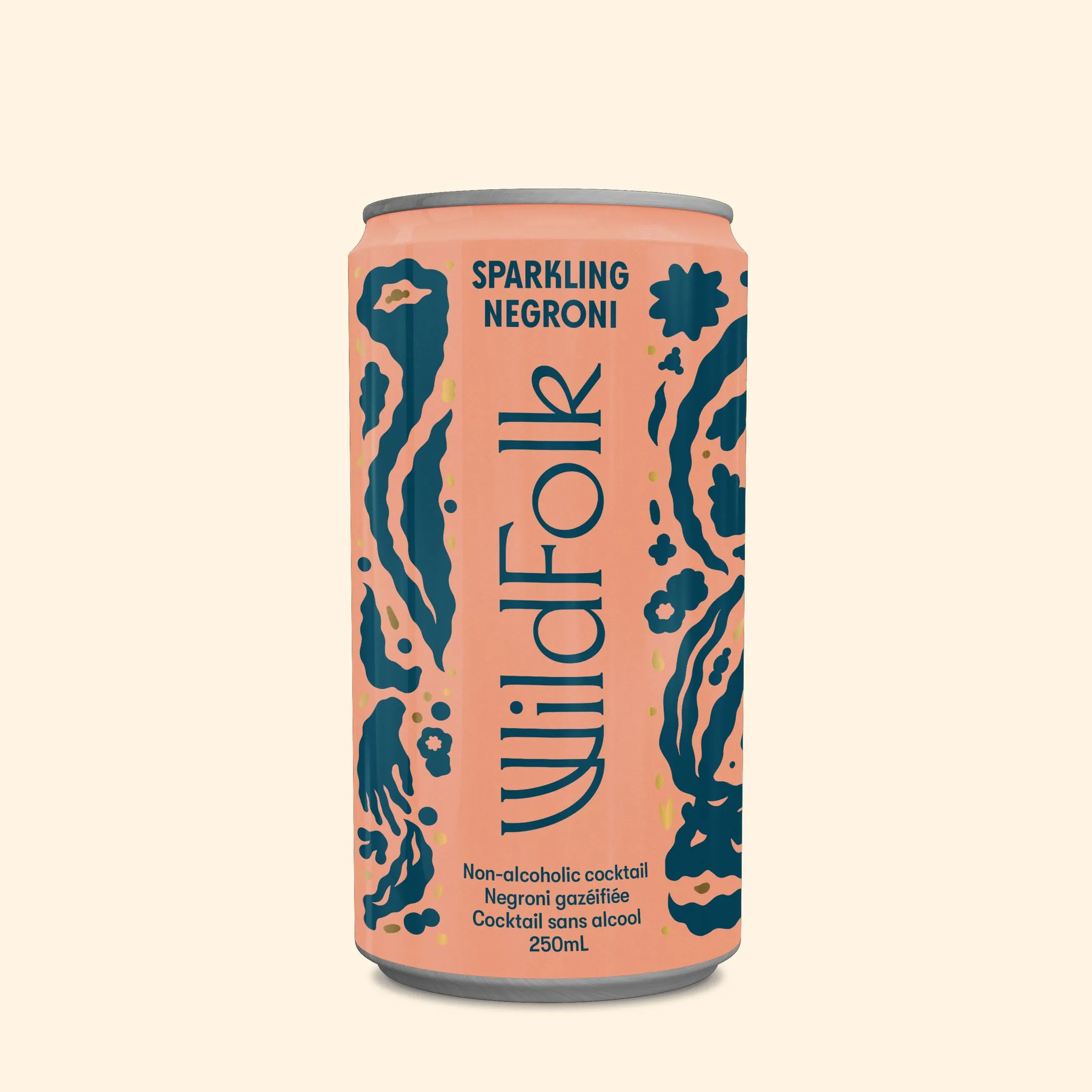non-alcoholic spirits kinda piss me off

First, let me lay my cards on the table: I like alcoholic beverages. I'm not much of a drinker as such—it only takes a drink or two to get me feeling Done for the night and I very rarely even hit that limit—but I really enjoy the depth and breadth of flavor offered by both spirits and cocktails. They're particularly good at expressing flavor outside the savory/sugary spectrum that most other comestibles occupy. Spirits and cocktails are a particular interest of mine, and that definitely shapes my feelings on this subject to some degree.
But that's not the heart of my complaint. As someone who makes a lot of cocktails, I consider it part of my basic hospitality to have non-alcoholic options available for people who want them for any reason. And I don't just mean the basics like a can of soda—I keep a thorough repertoire of non-alcoholic mixed drinks on hand specifically so I can make everyone something that feels fancy and tailored to their palate.
It's from this angle that I mostly approach the category of "non-alcoholic spirits", and through this lens that I find it lacking. Part of it is that most of the ones I've tasted—admittedly not a terribly broad swath—just aren't very good. They lack textural body and their flavors are often just a bunch of separate notes that don't come together into a unified whole. But the heart of what bothers me is that they're aping alcoholic spirits, and there's no reason to do that.
In fairness, "no reason" may be overstating my case a bit. I'm sure there are compelling marketing reasons to describe something as "non-alcoholic gin" or "zero proof whiskey", but I don't think it does the product itself any favors. It simultaneously oversells and undersells the so-called spirit by standing it up for an impossible comparison while also failing to say anything about what it actually is. Is it water, oil, or vinegar based? Is it an infusion, a decoction, or a percolation? What flavor profile is it bringing to the table? All of these are critical questions when actually planning to drink a spirit or mix it in a cocktail, but they're all overshadowed by the framing as a "spirit replacement".
A chemical aside: why are non-alcoholic spirits so different?

The experience of drinking a liquid has a lot of sensory components. There's the texture and even temperature of the liquid, the "burning" sensation of a high alcohol content, the flavor on your tongue, and the scents in your nose (which themselves change over the course of a single sip). The temperature is pretty easy to control. The alcohol burn is hard to replicate and debatable whether it's even worthwhile[1]. But the parts in between—flavor and texture—are more complicated, and intimately tied to the actual chemistry at play.
For better or for worse, ethanol (the chemical name for what we commonly call "alcohol" in beverages) is particularly good at providing both flavor and texture. It binds eagerly with molecules like esters, aldehydes, and ketones that communicate flavor to our mouths and noses. Because it's much less polar than water, it's also far better at binding to oils to create a more diverse range of textures on the tongue.
Alcohol isn't the only chemical that can do this—fats, sugars, and acetic acid (vinegar) are also good carriers of flavor, but they all carry their own flavor and/or textures. Which isn't a bad thing! It's fun to play with the constraints that exist and try to build something that works with them. Which is another issue I have with non-alcoholic spirits as a category: rather than building on the existing foundation, they seem to just want to apply "technology" to reproduce something that doesn't even need to be reproduced.
Case study: the "Sparkling Negroni" mocktail

detailed image description
A peach-colored can labeled "Wild Folk Sparkling Negroni" with "Non-alcoholic cocktail" printed below.
This post was actually sparked not by a spirit but by a canned mocktail I bought. I love bitter flavors (they're making moves lately), and as mentioned I don't actually drink that much, so I'm always on the lookout for nice bitter beverages[2]. I also love a good Negroni, so this seemed like a perfect opportunity. But I was tragically disappointed.
It's not that the beverage itself was bad. Aside from the carbonation level being undetectable, it's something I wouldn't be unhappy at all to serve a guest. But it was absolutely not a Negroni. The sweetness was light and fruity rather than the rich deep roundness of vermouth, and although the bitterness was there Campari's distinctive flavor was replaced by something much more similar to the flavor of tea.
I wish I lived in a world where something like this could be simply and accurately billed as a "Bittersweet Herbal Tea". I promise you don't need to be a Negroni. A Negroni is already a Negroni! The world of beverages can be so much richer when it's not constrained to simply mimicking its alcoholic subset and instead sets off in exploration of flavors and textures work well in their own right.
-
Even alcohol drinkers vary in how much they perceive this. Back when I was more regularly drinking cask-strength spirits, I wouldn't feel any burn from spirits at 50% or more ABV, while people who were used to cocktails would often find 40% ABV to be so hot on the tongue as to make it hard to even perceive flavor. ↩︎
-
The best I've found so far is San Pellegrino's Sanbittèr, but I try not to buy Nestlé products if I can avoid it because I don't like slavery, water theft, union busting, or really any of their numerous crimes and misdeeds. ↩︎